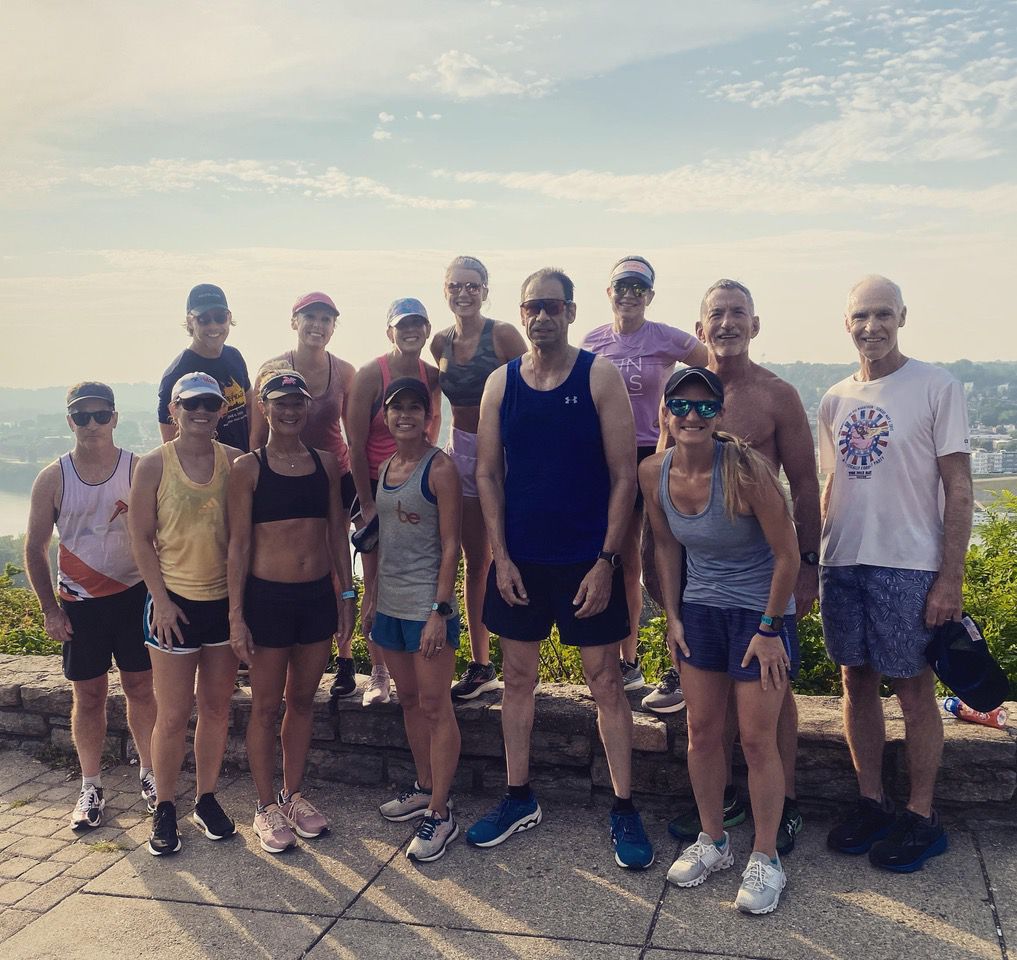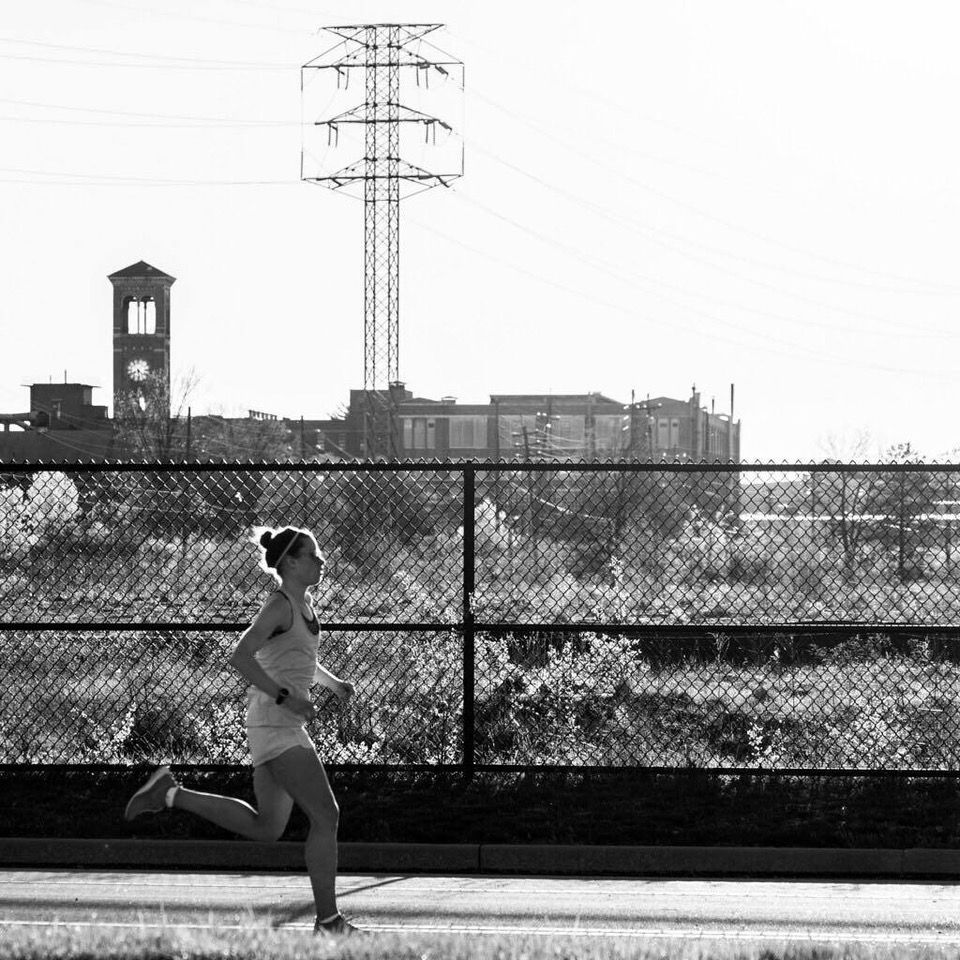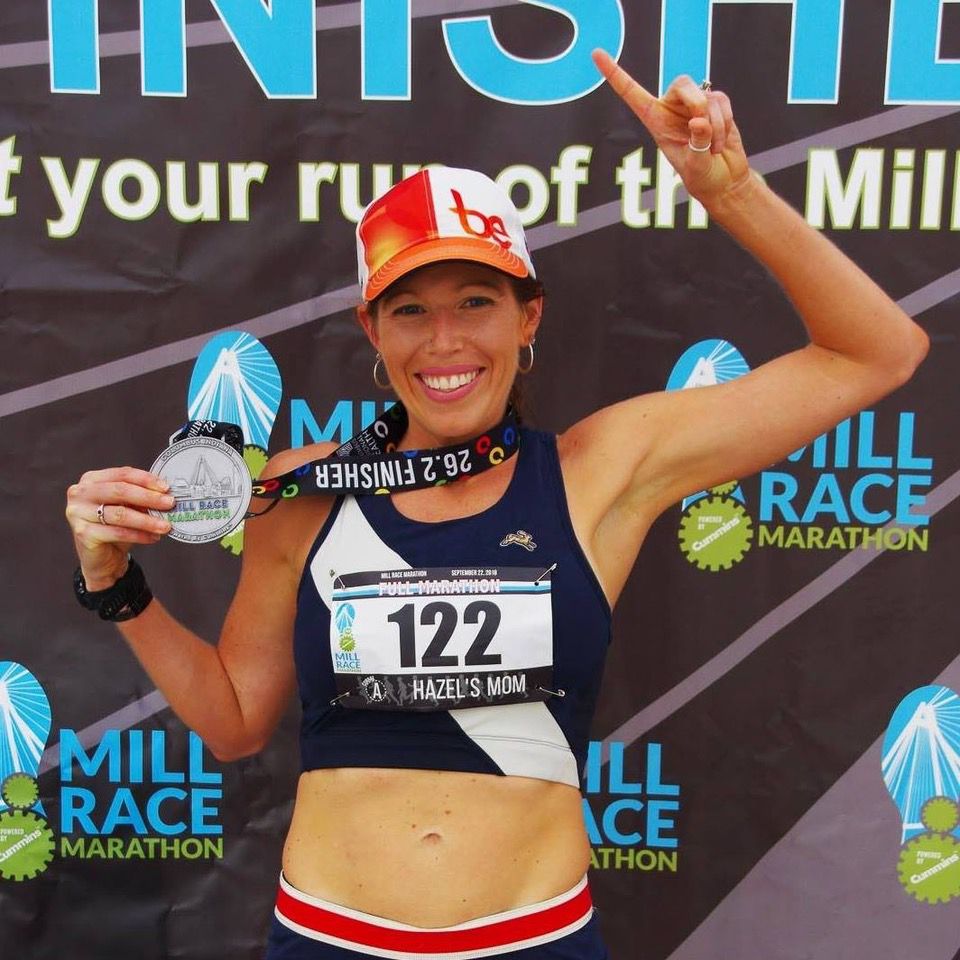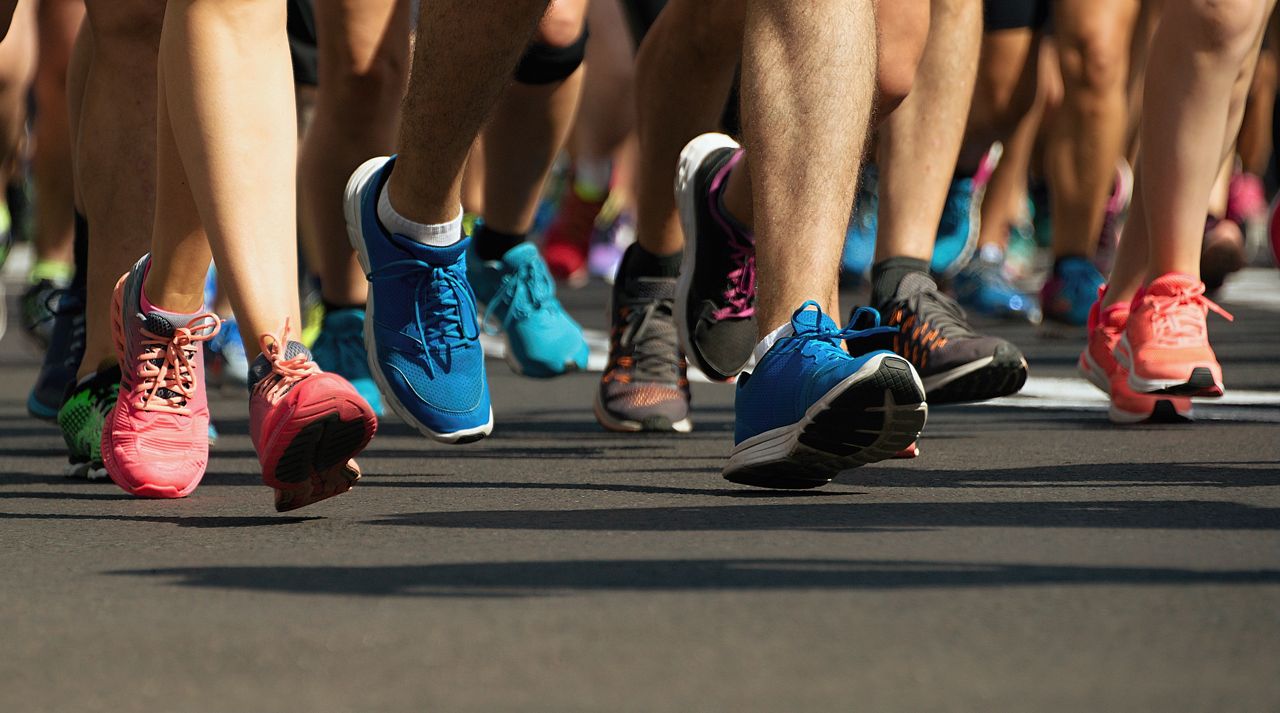CINCINNATI — Kristi Winters has been an avid runner in greater Cincinnati for more than a decade. During that time, she's lost count of the times that she's been honked at, cat called or had to endure "other stupidity" while out for a run.
Winters feels grateful to have experienced nothing truly harrowing while sprinting along sidewalks and trails all over Cincinnati. That’s what made the news of the abduction and death of Memphis-area runner Eliza Fletcher so jarring.
What You Need To Know
- Eliza Fletcher, 34, died after being abducted by a man during her normal run by the University of Memphis campus
- Runners from across the country plan to run roughly 3 miles to honor Fletcher's legacy by finishing her "last run"
- The death of Fletcher shines a light on harassment and threats of violence faced for years by female runners, per a Runner's World survey
- Fletcher's death brought questions of why she was running alone at 4 a.m., but advocates view those as victim-shaming rather than solutions to a bigger problem
Fletcher, 34, was running about 4 a.m. last week near the University of Memphis campus in Tennessee when a man forced her into an SUV after a brief struggle, the Associated Press reported.
Police located the body of Fletcher, a mother of two, a few days later.
“My heart sank,” said Winters, 40, about hearing the news about Fletcher.
“It could happen to any one of us,” she added. “While I feel relatively safe running in the areas that I do, we’re not immune to anything bad happening.”
In response to Fletcher’s death, runners around the world flooded social media with a mix of emotions, ranging from outrage to fear to a need to honor Fletcher’s life.
As a show of solidarity for the running community runners on Friday will take part in #RunForEliza campaign to finish Fletcher’s “last run.”
Planned 3-mile runs are being set up by running groups across the country, including Fleet Feet Cincinnati and Fleet Feet Columbus. The Cincinnati run begins at 5:20 a.m. after a brief get-together at Fleet Feet Sports Oakley on Madison Road.
“Friday morning is really about coming together as a community of runners and walkers to remind the darkness that we are light,” said Blaire Kappes, community programming manager for Fleet Feet Cincinnati.
“Eliza ran with Fleet Feet Memphis, and we wanted to support that community by honoring them and ‘Liza’ as she was known to them,” she added. “The senseless act of one man will not dim the light that we bring to the running community by coming together to support each other.”
Running community responds with support, outrage
Over the past few days, Winters has heard a lot of conversations about what Fletcher should have done differently – from runners should use tracks or treadmills for training, to victim-shaming Fletcher for the time of a day of her run and that she went out alone.

Although she usually runs in a group, Winters knows that’s not an option for everyone because of work schedules, family commitments or just personal preference.
“We have every right to be out on the road or on the sidewalk whenever we are able,” she added. “For some, running is a sport, for others it’s their therapy — but whatever the reason they’re out, they’re doing it. They should be able to do it whenever they want without fear of being hurt or worse.”
While Winters believes runners should be able to run whenever they want, she wishes more runners would take more safety precautions, especially females.
Winters, for instance, carries mace or pepper spray whenever she has to run by herself. She also has her phone and advises others to carry a personal alarm system that will give off a loud, shrieking siren noise if activated.
“I’ve just kind of learned to exist in a constant state of hypervigilance,” she said of her solo runs. “I try to be aware of my surroundings, I keep my music down low and I try to make eye contact with everybody because, unfortunately, as we’ve seen, you just never know.”
Still, Winters feels running with a group, if possible, is the best safety device.
“It’s often still dark out when we run, so it’s about finding camaraderie and having someone out there with you because there’s safety in numbers,” she said.
Even though Winters hasn't experienced any "crazy scary" incidents as a runner, she vividly recalls once being followed and confronted by the driver of a slow-moving truck along Eastern Avenue.
“People were out, and I had my headphones in and this guy came up to me,” she recalled. “I tried to ignore him, but he kept persisting and creeping along with me. I finally yelled at him, like, ‘go away!’ and kept running.”
Putting a magnifying glass on the bigger issue
A 2021 survey of more than 2,000 runners found 60% of women reported being harassed while running, with 25% reporting regularly enduring sexist comments or unwanted sexual advances.
Perhaps most alarming, 6% reported having felt so threatened by harassment while running that they feared for their lives, per the survey by the periodicals Runners World and Women’s Health.
“Unfortunately, this is not, it seems, an isolated event,” Amy Manning, 35, of Cincinnati, said of Fletcher’s death. “It feels like there’s one every couple of years that kind of catches the news and then it hits home just how hard it is to be a female runner.”

Manning, who took part in the poll, said she was surprised the numbers weren’t higher. She said she doesn’t know a female runner who hasn’t had some experience with harassment. She went so far as to call it a “universal experience.”
Manning feels it’s important for runners to take precautions; she does so herself. But that shouldn’t be the predominant talking point right now, she said.
“You definitely want to take steps to keep yourself safe, but when people are like, ‘Oh, she shouldn’t have been out running by herself or at 4:30 a.m. or something like that, that’s really getting away from the actual issue.”
Laurah Turner, a longtime competitive runner, said her first reaction to Fletcher’s death was, “Not again.” But after watching the story unfold on social media, she feels the victim-shaming aspect of the discourse has been even more upsetting to her as a runner.
She feels people are focusing more on what Fletcher could’ve done differently, rather than focusing on what society needs to do to prevent something like this from happening again.
“The immediate reaction (of) blaming the time of day that Eliza was running or what she was wearing, or that she was running alone, or that she didn’t have a pin in her location or something is ridiculous,” she said. “Anyone should feel safe going out to exercise whenever they want, without having to think about it.”
The issue hits home for Turner who, after running the 2017 Little Miami Half Marathon, received horrific online comments from a male poster about her racing attire, especially her “competition briefs.”
“...she doesn’t have any damn clothes and is running for her life,” the commenter wrote in his first post followed by, “No wonder joggers get raped.”

“Every female runner I know has a catalog of these types of situations,” she added, noting she’s been followed on several of her runs, and at one point, had a person try to grab her from inside a car.
She feels precautions runners should take should be independent of gender, race or background. That includes things like wearing reflective clothing or a head lamp when it’s dark out, or turning on location services in your phone in case of a medical emergency.
“These are the common sense precautions we should all be considering,” she said. “The timing or location of my exercises should not be dictated by my gender.”
Turner, who works as an academic dean for the University of Cincinnati, said the discourse around tragic events like Fletcher’s death needs to change.
“After a runner dies, there tends to be an outpouring of criticism about the victim’s efforts to stay safe,” she said. Recommending women change their behavior in response to violent crimes against themselves or other women is “asinine.” Instead, Turner feels, the lens needs to be placed on the crimes and the perpetuation of these crimes.
Ultimately, Turner said, the most important thing people can do is to continue to talk about situations such as Fletcher’s passing.
“The best thing we can do is to continue having this discourse, even though it is uncomfortable, even though it is horrible, even though it can make you feel afraid,” she added. “Having hard conversations about why these types of crimes persist and why women are continuously blamed for crimes against women places a necessary magnifying glass on the real problems, and that’s how we start to create and see a change.”
The City of Cincinnati didn’t have any readily available data regarding such incidents against local runners and walkers. Overall, Winters feels relatively safe on Cincinnati streets and hopes this incident doesn’t change anyone’s perception about running.
“If you talk to any runner, you’ll know within five minutes that what we’re out here doing is so much more than just exercise,” she said. “This is something so many of us love and need. It’s something we’re going to keep doing, and it’s something we should not have to fear doing.”



